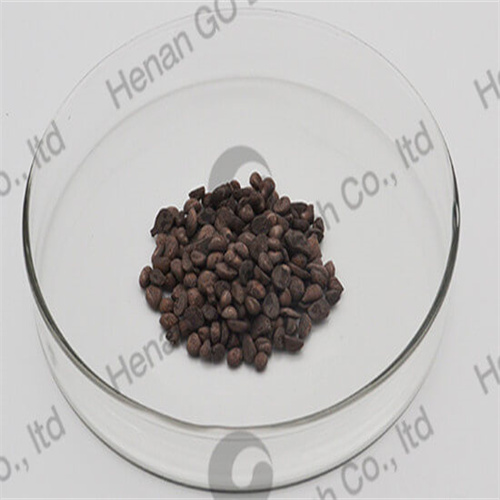In recent years, the plastics industry has been undergoing a significant transformation as manufacturers respond to increasing demands for sustainability and environmental responsibility. One of the key players in this shift is DPHP (Dioctyl Phthalate), which is leading the charge towards more eco-friendly practices in plastic production.
DPHP is recognized for its ability to replace traditional phthalates, which have been linked to numerous environmental and health concerns. By utilizing DPHP, companies are not only improving the sustainability of their products but are also aligning with global regulatory trends aimed at reducing harmful substances in consumer goods.
2.jpg)
As the market for sustainable plastics grows, manufacturers are increasingly adopting green chemistry principles, which focus on designing chemical processes that minimize the generation and use of hazardous substances. DPHP serves as a prime example of how such alternatives can enhance product safety and reduce environmental impact.
The adoption of DPHP not only improves product performance but also caters to the evolving preferences of consumers who are increasingly aware of and concerned about environmental issues. As a result, companies leveraging DPHP are likely to experience enhanced brand loyalty and market share as they demonstrate their commitment to sustainable practices.

In conclusion, the role of DPHP in the plastics industry signifies a crucial step towards achieving a sustainable future. By embracing this shift, manufacturers can contribute to environmental protection while simultaneously positioning themselves as leaders in innovation and responsibility within the industry.

As we look to the future, the plastics industry must continue to innovate and adapt, ensuring that sustainability becomes a fundamental aspect of production processes. The integration of DPHP stands as a testament to the potential for positive change within this vital sector.
